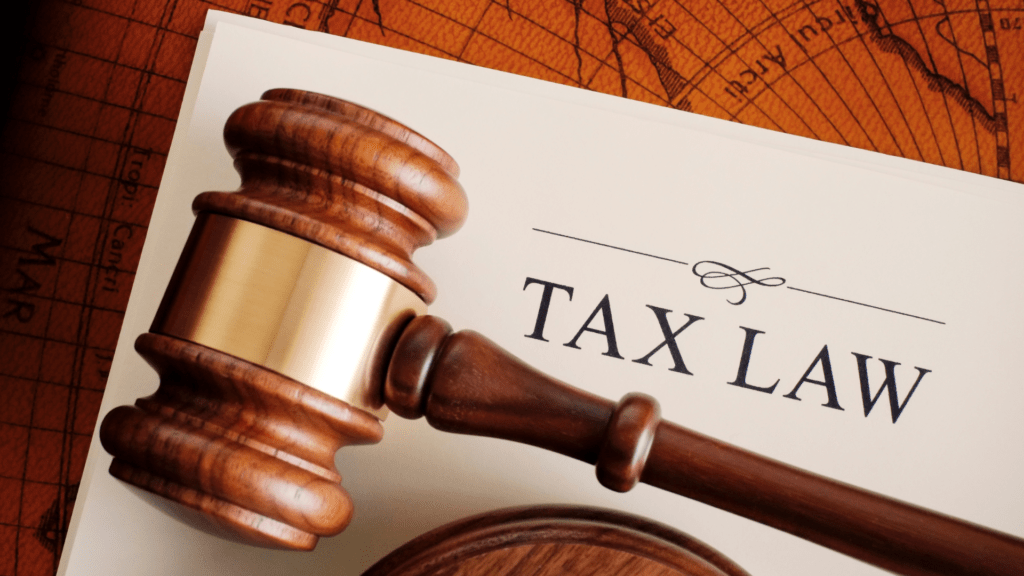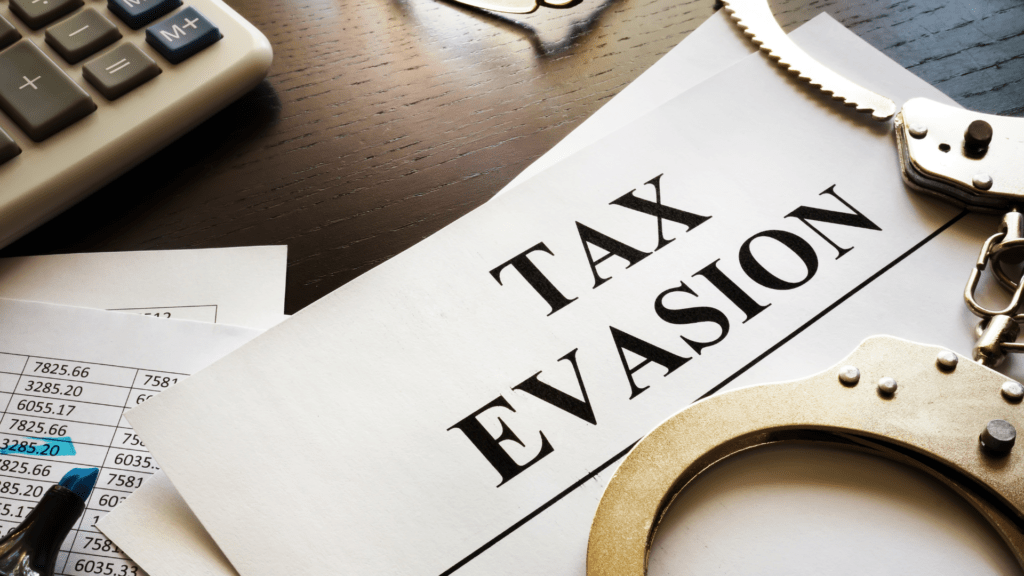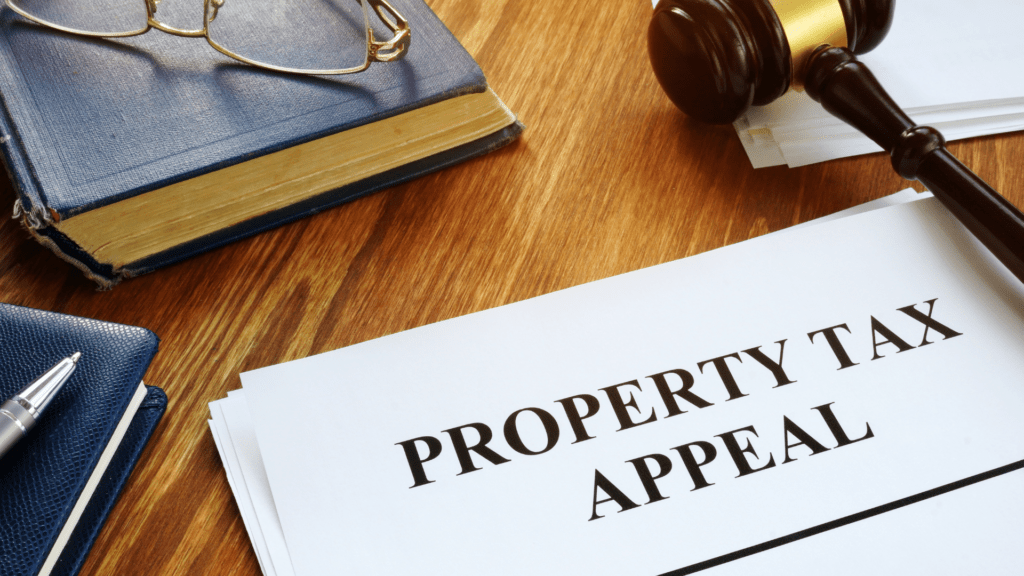Introduction to Santa Clara County Property Tax
Property taxes in Santa Clara County play a crucial role in funding local services like schools, public safety, and infrastructure. Whether you’re a first-time homeowner or a seasoned property investor, understanding how property taxes work can make a big difference in how you manage your finances and your property.
It’s easy to feel overwhelmed by the complexity of taxes, but breaking things down can help you grasp the key details. This article will guide you through everything you need to know about property tax rates, how they are assessed, how to pay, and what to do if you believe your tax bill is too high. So, let’s dive in!
What is Property Tax in Santa Clara County?
Property tax is an annual charge levied by the county government based on the value of your property. In Santa Clara County, like in other areas of California, this tax helps fund essential services like public schools, emergency services, public transportation, and other community infrastructure. The county’s property taxes are based on the assessed value of the property, which is determined by the county’s Assessor’s Office.
A Simple Breakdown of Property Taxes
- Base Tax Rate: The base rate for property taxes in California is 1% of the assessed value of your property.
- Additional Local Taxes: In addition to the base tax rate, voters in Santa Clara County may approve additional taxes to fund things like public schools, healthcare services, or infrastructure projects.
When you add up both the base rate and any voter-approved levies, you’ll generally pay somewhere between 1.1% and 1.2% of your property’s assessed value annually in property taxes.

How is Property Tax Assessed in Santa Clara County?
The amount of property tax you pay is directly tied to the value of your property. The county uses an ad valorem system to assess property taxes, meaning the tax is based on the value of the property, as determined by the county assessor.
Understanding the Property Assessment Process
- Initial Assessment: When you buy a property, the county conducts an assessment to determine its value for tax purposes. This value becomes your property’s assessed value.
- Annual Reassessment: Each year, the Assessor’s Office will reassess the property to make sure the value reflects current market conditions, and make adjustments accordingly.
- Proposition 13: Thanks to Proposition 13, the maximum increase in your property’s assessed value is limited to 2% per year, no matter how high the local real estate market grows.
This means that if property values rise dramatically, your property taxes will not increase dramatically in the short term. For example, even if the market value of your home increases by 10%, your property taxes can only increase by a maximum of 2% per year under Prop 13.

Santa Clara County Property Tax Rates
As previously mentioned, property taxes in Santa Clara County are usually between 1.1% and 1.2% of your property’s assessed value. However, there are some nuances to this:
Base Tax Rate vs. Local Levies
- Base Tax Rate: The state of California’s base rate is 1% of your property’s assessed value.
- Voter-Approved Taxes: Local measures that voters have approved may add extra costs to your property tax bill. For example, these could include special taxes to support local schools or public safety programs.
Example of Property Tax Calculation
Let’s say your home in Santa Clara County is worth $800,000:
- Base Tax: $800,000 x 1% = $8,000
- Additional Taxes: Let’s say your local area has an additional 0.2% in voter-approved levies. $800,000 x 0.2% = $1,600
This means your total property tax bill for the year would be $9,600.
How to Pay Your Property Taxes
Property taxes in Santa Clara County are paid in two installments each year:
- First Installment: Due on November 1st, with a December 10th deadline for payment.
- Second Installment: Due on February 1st, with a April 10th deadline for payment.
How to Pay Your Taxes
Paying your property taxes is straightforward. The easiest way to do this is online:
- Visit the Santa Clara County Treasurer-Tax Collector’s website.
- Look up your property by address or parcel number.
- Follow the instructions to make payments via credit card, debit card, or e-check.
You can also pay by mail or in person if you prefer. Just make sure your payment is postmarked before the deadline to avoid penalties.
Avoiding Late Fees
Late payments are subject to penalties. You’ll incur a 10% penalty for late payments on both installments if they’re not received by the due date. Additionally, if your second installment is late, there’s also a $10 fee added.

What Happens if You Don’t Pay Your Property Taxes?
Failing to pay your property taxes on time can lead to serious consequences. Here’s a breakdown of what might happen if your taxes are unpaid:
- Penalties and Interest: As mentioned, a 10% penalty is charged if your payment is late. In addition, the county may add interest to your outstanding balance.
- Tax Lien: If the taxes remain unpaid for too long (typically 5 years), the county may place a tax lien on your property. This means the county has a legal claim to your property in order to recover the unpaid taxes.
- Tax Sale: If the lien remains unpaid, your property may eventually be sold at a tax auction to recover the delinquent taxes.
Avoiding these penalties and the potential sale of your property requires timely payments, so it’s always best to stay on top of your due dates.
How to Appeal Your Property Tax Assessment
If you feel your property’s value has been overestimated by the Assessor’s Office, you have the right to appeal the assessment. It’s a good idea to appeal if you think your property tax bill is too high or if you believe there’s been a mistake in the assessment.
Steps to Appeal
- File an Appeal: You must file an appeal with the Santa Clara County Assessment Appeals Board before November 30th of the year you are challenging the assessment.
- Provide Evidence: When appealing, you’ll need to provide evidence that your property’s value has been overstated. This could include:
- A professional appraisal of your property.
- Comparable sales (also known as “comps”) of similar properties in your neighborhood.
- Attend a Hearing: If your appeal is accepted, you’ll be invited to a hearing. The board will review the evidence and make a decision.
Tips for Successful Appeals
- Be thorough: Make sure your evidence is detailed and accurate.
- Get help: If you’re unsure about how to appeal, it may be worth hiring a professional appraiser or tax consultant to guide you through the process.
Common Questions About Santa Clara County Property Taxes
What Happens if My Property’s Value Decreases?
If your property value decreases, you may qualify for a reduction in your property taxes. The county will assess the property’s market value and adjust the assessed value down accordingly. This can happen during market downturns or if there’s damage to your property. It’s always a good idea to report any significant damage to your property to the Assessor’s Office to ensure your taxes reflect the true value.
Can I Claim Exemptions on My Property Taxes?
Yes! California offers several exemptions to help reduce your property tax burden:
- Homeowners’ Exemption: This gives you a $7,000 reduction off your property’s assessed value for your primary residence.
- Disabled Veterans’ Exemption: If you are a disabled veteran, you may be eligible for a full or partial exemption.
To claim these exemptions, you’ll need to file an application with the Santa Clara County Assessor’s Office.
Are Property Taxes Different for Commercial Properties?
Yes, commercial properties often have different tax rules than residential properties. They may be subject to higher rates or additional assessments, depending on the type of business and location. Commercial property owners should consult with the Assessor’s Office for specific details on how their property will be taxed.
Conclusion
Property taxes in Santa Clara County may seem complex, but with the right knowledge, you can navigate the system with ease. Understanding how your property is assessed, knowing your payment deadlines, and being aware of the appeals process can help you manage your property taxes effectively and avoid any unnecessary stress.
If you’re a homeowner or investor, it’s essential to stay informed about property tax rates, potential exemptions, and the consequences of not paying your taxes on time. Additionally, if you believe your assessment is incorrect, remember that you have the right to appeal.
By staying proactive and informed, you can make sure you’re paying a fair share of taxes and avoid any unpleasant surprises down the road. For further details or personalized assistance, don’t hesitate to reach out to the Santa Clara County Assessor’s Office or Treasurer-Tax Collector’s Office.
